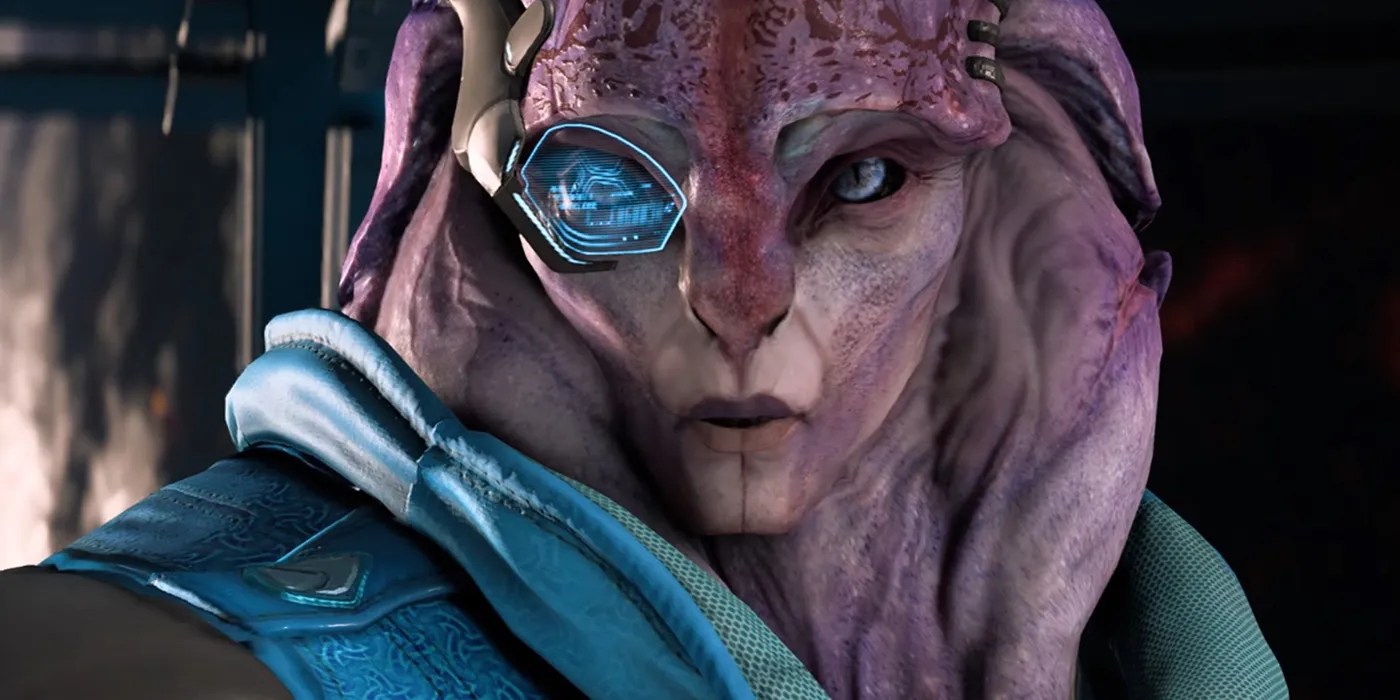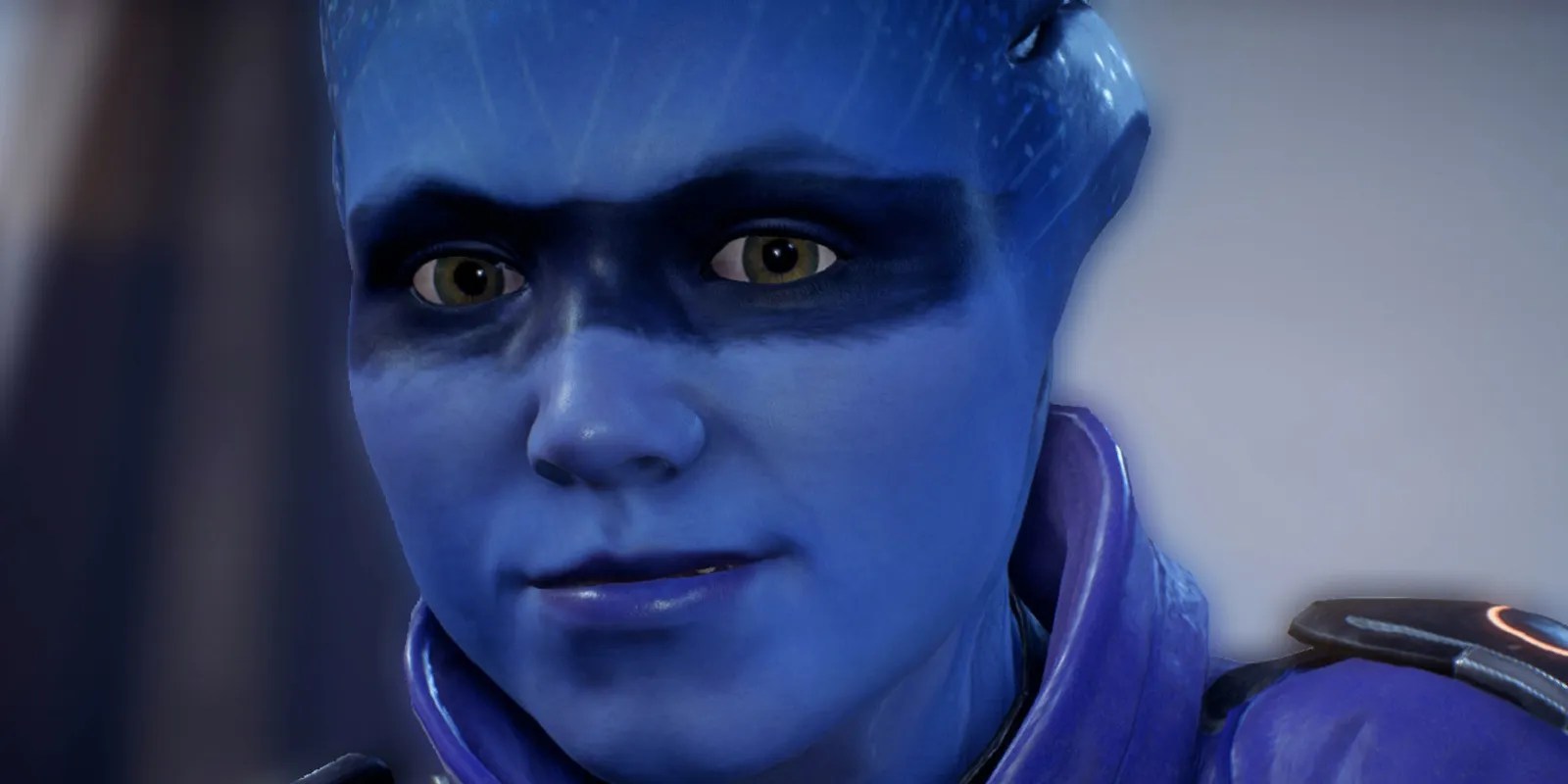Sometimes in life, things have to fall apart to fall together again. This bittersweet sentiment is especially applicable to BioWare nowadays, with not just one, but two AAA games panned by critics—2017’sMass Effect: Andromedaand 2019’sAnthem. However, just like the phrase goes, there’s still hope for BioWare and the future ofMass Effect 5if it can learn from its troubled past.
In its most recent releases, things have not always gone smoothly for BioWare. In fact, the path to creating both majorly praised games, likeDragon Age: Inquisition, andpoorly received releases, like Anthem, have had similar starts—a lot of nothing for months, even years, before the development team whips up a game just before the deadline. But it seems BioWare’s crunch time frenzy didn’t produce the results it was expecting for its last two releases.

RELATED:Mass Effect’s Female Shepard VA Breaks Down What Makes a Strong Female Character
BioWare’s Existing Problems
It tends to be a bad sign in company management and game development when key members of the team leave mid-project. If this were to happen because of unforeseen circumstances, it would be understandable. That’s not the case here for BioWare, unfortunately.
The development ofMass Effect: Andromedawas riddled with inconsistencies and swaps in leadership. Besides having key members leave during the project, there was a lack of direction for the game overall. It seemed no one on the team knew what the game was supposed to be or where it was supposed to go. With no clear vision of how the game should come together, or even begin, it’s not surprising that the final product was a bit disappointing for fans.

It’s also incredibly important for employees to feel respected by their employer in order to produce great work. When that doesn’t happen, things go awry very quickly. Unfortunately, things went very awry forBioWare’sAndromedadevelopmentteam, andAnthem’s team as well, as both parties were put under immeasurable amounts of stress to complete their respective games. Some team members even required a “stress leave” to cope with the depression and anxiety that came from working under such a tight crunch.
Frostbite Engine Is Cold and Unforgiving
A key issue in the development and execution ofMass Effect: Andromedacould be largely credited to using EA Dice’s Frostbite 3 engine. Frostbite 3 is not a bad gaming engine, but it is a bad RPG engine. BioWare had previous troubles with it forDragon Age: Inquisition, so it thought it was prepared for the strugglesAndromedawould pose. The proof is in the pudding, though—it was not.
PreviousMass Effectgames were built using Epic Games’ Unreal Engine 3, a base much more equipped to handle RPG games. Frostbite 3 is a fine engine for first-person shooter games, as it was originally developed and used for theBattlefieldgames. However, when it came toAndromeda, the developers had to start every system, tool, and asset from scratch.

RELATED:10 Behind-the-Scenes Secrets You Never Knew About the Making of Mass Effect Andromeda
While a clean slate sounds fine to work with for a game that needed to set itself apart fromits predecessors and beloved characters like Commander Shepard, that wasn’t the case here. Starting all these mechanics from scratch was not only incredibly difficult, but time consuming as well. Plus, with the lackluster reviews for the game, it unfortunately seems like the team at BioWare essentially kept trying to fit a square peg into a round slot—it was never going to fit, no matter what way it was turned.
If at all possible, EA might do well to let BioWare return to their Unreal Engine 3 roots forMass Effect 5. It’s clear through the many bugs and audience critiques of facial animations that Frostbite 3 isn’t equipped to do all the things players expect from an in-depth RPG. Chances are slim that EA will allow BioWare to make the switch, but gamers can dream.
The Disillusion of ‘BioWare Magic’
Similar to the underdogs in a coming-of-age story, BioWare previously had a reputation for pulling games off in the final months of production. One instance of this was with the release ofDragon Age: Inquisition, which ended up winning Game of the Year at the 2014 Game Awards. Unfortunately, this win has set up a detrimental expectation for BioWare’s future games, and none have lived up to whatInquisitionachieved.
BioWare’s approach toMass Effect: Andromedafollowed this line of thinking—that its “BioWare Magic” would kick in and it’d be able to release an excellent, praise-worthy game after enough manpower during crunch time. That no matter how chaotic or unclear things seemed, the team would be able to pull a rabbit out of a hat and show the world its hard work. In real-life, this was quite the opposite of what happened, as demonstrated byAndromeda’s poor reviewsfrom fans and critics alike.
The truth is it takes time, planning, and perseverance to create a top-quality product. It’s clear that when it came to development and execution for bothMass Effect: AndromedaandAnthem, BioWare relied too heavily on its crunch time development rather than having a steady plan from the start. No development will ever be completely problem free, but relying on the final stretch before a deadline to produce an entire game isn’t good for anyone involved.
Hopefully, BioWare has seen that its “magic” can’t last forever and may have actually run outwithAndromedaandAnthem. Getting the development team to finish a game solely during crunch time adds even more stress and anxiety to an already high-stress job. Putting employees under that kind of duress isn’t good for morale, but is also bound to produce something lackluster. Taking the well-being of its employees into account for future projects can only result in better, more developed games thatcoulddazzle audiences upon release—not the mediocre reviews and only passable gameplay BioWare’s recent titles have grown accustomed to.
Fans of the series can only hope that BioWare has learned from the experience ofMass Effect: Andromedaand decided tochange course withMass Effect 5. With proper care, planning, and hopefully not as many key-player changes,Mass Effect 5can make up for the missteps found inAndromedaand renew players’ interest in the beloved series.
Mass Effect 5is currently in development.
MORE:The Mass Effect Remastered Trilogy Absolutely Needs to Adapt One Feature from Andromeda